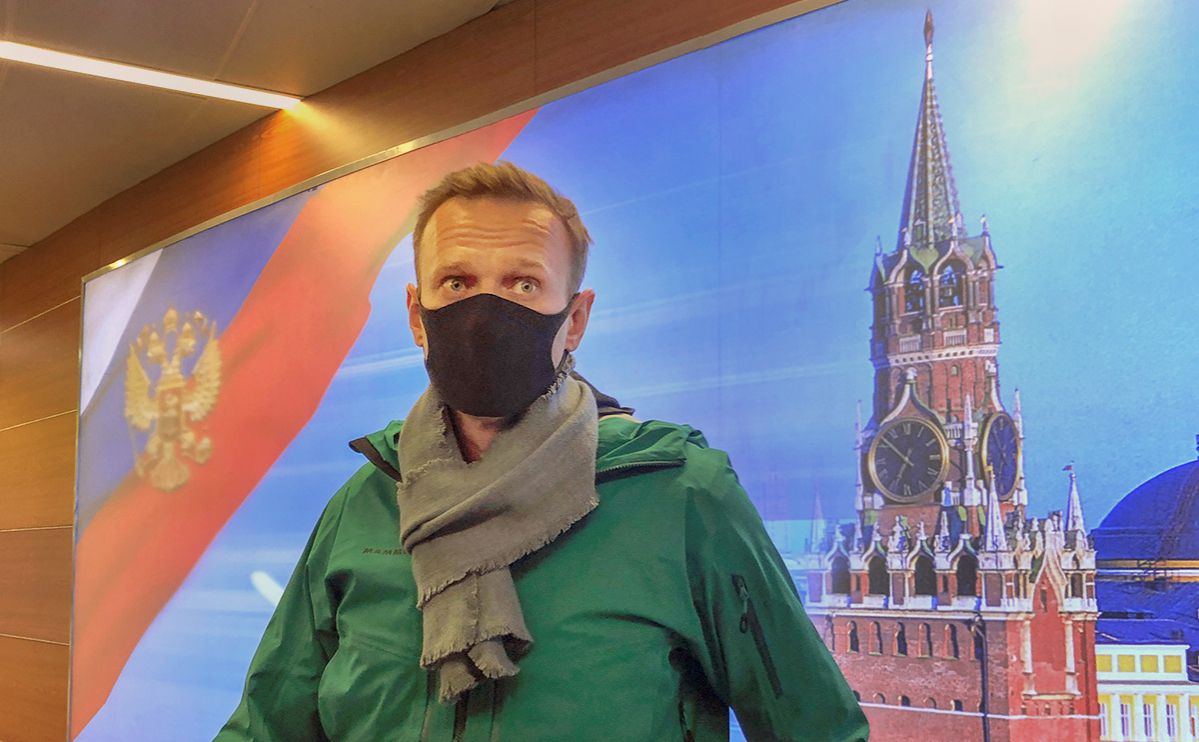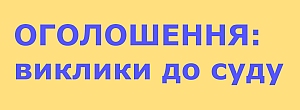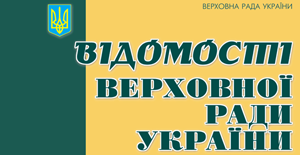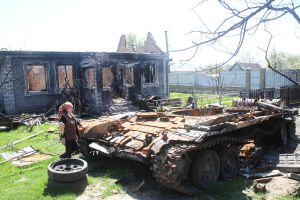Ukraine is deeply concerned over the detention of Russian opposition activist Aleksei Navalny and regards the situation around him as the continuation of the Kremlin’s shameful practice of an assault on human rights and the suppression of freedom of speech, reads the statement of the Ukrainian Foreign Office.
Thus, Ukrainian diplomats stress that the detention and persecution of political and public figures, representatives of ethnic minorities and journalists which is a usual practice of the Kremlin contradict international obligations of Russia and the important agreements on human rights to which the Russian Federation is one of the signatories.
The Foreign Office statement in particular reads, “We demand the immediate release of all political prisoners including citizens of Ukraine who are illegally kept by the Russian authorities. We call on the international community to take a more decisive action in order to condemn repressive practices of the authorities of the Russian Federation”.
Meanwhile, Ukrainian politicians and analysts are actively discussing what possible consequences of the return of the Russian opposition leader may have for Ukraine as his return may hypothetically lead to the weakening of the Putin regime, the internal democratization and as a result the weakening of the aggressive policy of the Kremlin with regard to Russia’s neighbors.
At the same time, Ukrainian politicians and analysts are not unanimous in their opinion on this issue. In some cases they express even opposing views. For instance, quite a few analysts say that Navalny is part of the Russian society and his attitude to Ukraine and the annexation of Crimea in particular is no different from that of Putin’s. Because as Ukrainian politician Volodymyr Vinnychenko of the last century once said that all Russian democracy ends with the Ukrainian issue.
In this regard, it is worth remembering what Navalny said about the annexation of Crimea in 2014. At that time he stated that he would not return it to Ukraine despite the fact that the peninsula had been captured in the violation of international law. “After all, Crimea is not a sausage sandwich to bring it back here and there”, he insisted.
Ukrainian public figure Ihor Korzh says, “Navalny wants to become the next President of the Russian Federation. That’s why he cannot afford declaring ideas that will be knowingly doomed to rejection by the Russian society. And the clear majority of this society is, unfortunately, poisoned by some kind of the ideological version of Novitchok”.
In the opinion of Korzh, the detention of Navalny does slacken the power of the Kremlin dictatorship, provokes the people’s wrath and protests and may call forth an adequate reaction of the free world not merely in words but in deeds. Sanctions against Russia may be toughened and it may be ousted from all international institutions. All these things are important for Ukraine as they bring closer the creation of the premise for the early fall of the Putin regime.
Ukrainian analyst Oleh Saakyan supports Korzh’s opinion. Thus, he wrote, “We are interested, to some degree, in political confrontation in Russia because the Russian Federation is the main cause of the destabilization of the situation in Ukraine. Perhaps, there is no need to remind about such things as the war in Donbas, the annexation of Crimea and hundreds of political prisoners. That Russia now directs its attention to its internal problems may be of benefit to us”. He believes that the more problems Russia has, the less time it will have to think when and how to send another “humanitarian” convoy with weapons to Donbas.
There are, however, analysts who do not rule out the situation when the worsening of the internal situation in Russia may pose a real threat to Ukraine. For instance, former attorney general Yuri Lutsenko claims that only at first glance it may seem that everything related to the return and detention of Navalny has nothing to do with Ukraine. “In fact, the increasing popularity of Nazalny and the opposition as a whole makes the situation even more dangerous for us. Thus, in order to win the upcoming election to the Duma, the Incumbent President of Russia will need to hastily organize “a small war” to bring forth a wave of ultra-nationalism in the country”, he wrote.
We’d like to remind our readers that last August Aleksei Navalny felt bad during a flight from Siberia to Moscow. He fell into a coma and was urgently hospitalized in Omsk. Two days later, still unconscious he was flown to Berlin. Last September, the government of Germany reported that Navalny had been poisoned by a nerve agent from the group of chemical warfare agents “Novitchok”. The Bunderswehr laboratory discovered the traces of the poison in the body of the opposition activist. The fact of poisoning was confirmed by two independent laboratories in France and Sweden. German doctors succeeded in saving him from death.
On January 17 of this year, upon returning to Moscow, he was detained for 30 days on an absurd decision of the city court. He was accused that during his stay abroad he had not registered regularly with a Russian police station and thereby had violated the probation period terms in one of the criminal cases fabricated against him.
The newspaper Voice of Ukraine








